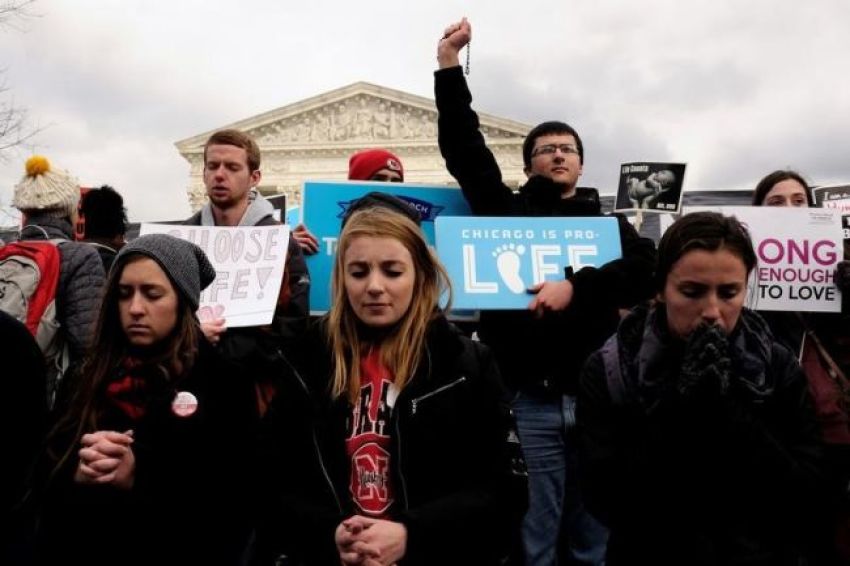Women Describe Trauma of Abortion in Survey; Nearly 3 in 5 Abortions Done 'To Make Others Happy'

New research reveals the reasons why most women make the difficult decision to have an abortion and chronicles the struggles they face afterward.
The Journal of American Physicians & Surgeons recently published a study titled "Women Who Suffered Emotionally From Abortion: A Qualitative Synthesis of Their Experiences" by Priscilla K. Coleman, a professor at Bowling Green State University. The study, which surveyed 987 post-abortive women, was done to develop better pre- and post-abortion counseling practices.
Approximately 58 percent of women reported that they had an abortion to make others happy, while over 28 percent aborted their babies because they feared their partner would leave them.
The data shows that 13 percent of the women said they visited a psychiatrist, psychologist, or counselor before the first pregnancy resulted in an abortion, whereas 67.5 percent visited such professionals after their first abortion.
"Only 6.6 percent of respondents reported using prescription drugs for psychological health prior to the first pregnancy that ended in abortion, compared with 51 percent who reported prescription drug use after the first abortion. These data suggest that the women as a group were generally psychologically healthy before their first abortion," the researchers found.
"[Over] 49 percent reported believing the fetus was a human being at the time of the abortion, 66 percent said they knew in their hearts that they were making a mistake when they underwent the abortion, 67.5 percent revealed that the abortion decision was one of the hardest decisions of their lives, and 33.2 percent felt emotionally connected to the fetus before the abortion."
Commenting on the study on Twitter on Sunday, Culture of Life Africa founder and author of Target Africa, Obianuju Ekeocha, tweeted: "Lesson learned: Abortion does NOT empower women, it disempowers us."
Around three-fourths of the women surveyed disagreed that their decision to abort was free from even subtle influence from others to have an abortion. Close to 70 percent of study participants had one abortion, nearly 20 percent had two, 7.6 percent had three, and 2.9 percent had anywhere from four to nine. Most of the women were 21 or younger when they underwent their first abortion procedure.
The researchers also asked the women: "What are the most significant positives, if any, that have come from your decision to abort?"
Nearly 32 percent said "none," some of whom went on to describe the heartache of losing a child forever.
Small percentages of women reported that the positive aspects of the abortion included an eventual coming to Christ, becoming active in the pro-life movement, and a commitment to help other women recover from an abortion.
The study concludes: "Even in an ideal environment wherein women receive adequate counseling, are offered support to continue their pregnancies, and do not present with established risk factors, it is still possible to be blindsided by an abortion and suffer ill effects due to the inherent complexity of abortion."
"Future research should examine the psychological trajectories (positive and negative) of women who felt they received sensitive pre-abortion counseling, were supported had they chosen to give birth, and believed the abortion was the right decision to those who felt the pre-abortion counseling was inadequate, supports were lacking, and their decisions were a mistake."



























